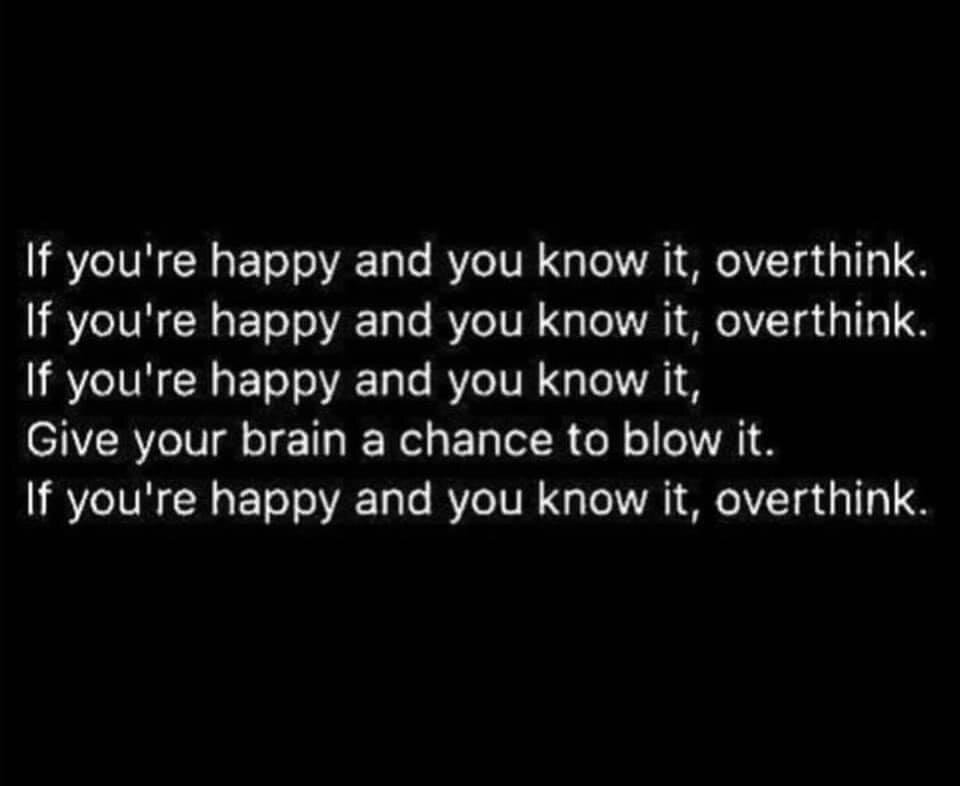The Path to Unconditional Self-Acceptance
"Happiness and self-acceptance go hand in hand. In fact, your level of self-acceptance determines your level of happiness. The more self-acceptance you have, the more happiness you'll allow yourself to accept, receive and enjoy. In other words, you enjoy as much happiness as you believe you're worthy of [emphasis added]."
...Self-acceptance is about already being okay, about seeing ourselves as "good enough" now--with no qualifications of any kind. We don't ignore or deny our frailties, we just see them as not relevant to our basic acceptability...
Only when we're able to give ourselves unqualified approval--by developing greater self-compassion and focusing more on our positives than negatives--can we at last forgive ourselves for our faults, as well as relinquish our need for others' approval...
There's no reason we can't decide right now to transform our fundamental sense of who we are. And we can remind ourselves that our various weaknesses are only part of what makes us human. If all our failings and flaws were suddenly to disappear, my pet theory is that we'd instantly turn into white light and disappear from the face of the planet. So in pursuing the challenge of unconditional self-acceptance, we might even want to take a certain pride in our imperfections.
"Happiness and self-acceptance go hand in hand. In fact, your level of self-acceptance determines your level of happiness. The more self-acceptance you have, the more happiness you'll allow yourself to accept, receive and enjoy. In other words, you enjoy as much happiness as you believe you're worthy of [emphasis added]."
...Self-acceptance is about already being okay, about seeing ourselves as "good enough" now--with no qualifications of any kind. We don't ignore or deny our frailties, we just see them as not relevant to our basic acceptability...
Only when we're able to give ourselves unqualified approval--by developing greater self-compassion and focusing more on our positives than negatives--can we at last forgive ourselves for our faults, as well as relinquish our need for others' approval...
There's no reason we can't decide right now to transform our fundamental sense of who we are. And we can remind ourselves that our various weaknesses are only part of what makes us human. If all our failings and flaws were suddenly to disappear, my pet theory is that we'd instantly turn into white light and disappear from the face of the planet. So in pursuing the challenge of unconditional self-acceptance, we might even want to take a certain pride in our imperfections.

